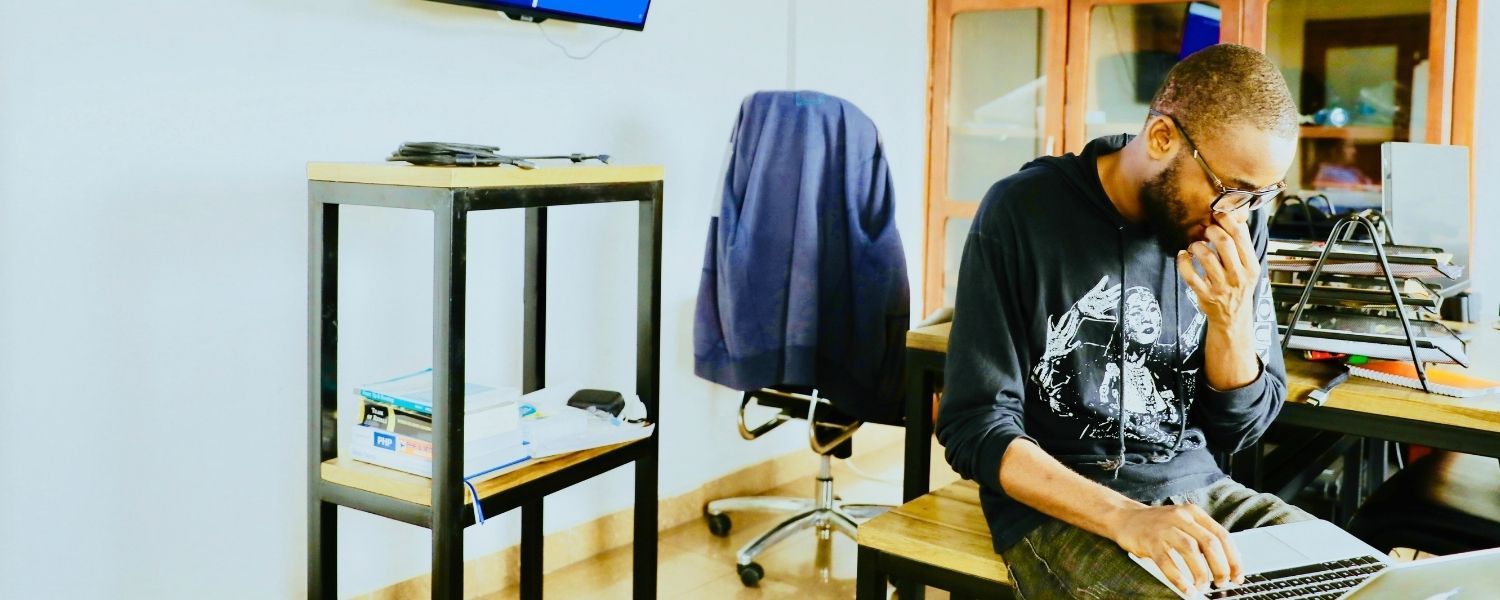I recently read a great article by Nathan Heller in the New Yorker magazine about the current homelessness crisis in San Francisco. A situation that was already bad made worse by COVID-19. It’s a complicated issue, which I don’t want to trivialise, but I did want to share a few remarkable things that jumped out at me.
The median monthly rent for a one-bedroom apartment in San Francisco is now, by one estimate, $42,000 per year. By contrast, the minimum wage is $15.59 an hour, or roughly $35,000 a year. More importantly, the ratio between median rent to median income is above 39%. A recent study showed that homelessness starts increasing when it exceeds 22% and rises dramatically when it exceeds 32%.
One can guess the consequence of rent affordability, people have to move further away from their work, increasing commute costs and time, having severe knock-on effects on public health and family life. This is a story all too familiar to many South Africans.
For the last few decades, income adjusted for inflation has been nearly flat and even declining by some estimates. What this means is that although your monthly salary may have increased over the last 10 years, the purchasing power of your salary has not.
However, at the same time, there has been a real and tangible increase in the cost of big purchases like houses, cars and education. This means that more and more of your monthly income is being swallowed up by housing, transport and education. Leaving less and less for you to live on, let alone to save and invest.
Academics define financial resilience as the ability to withstand financially stressful events, such as unemployment, divorce, disability, and health problems all of which impacts one's income and/or savings.
The Economist estimates that more than 2 million South Africans have lost their jobs due to COVID-19 with the reported unemployment rate now at 30% in the first quarter of 2020. This figure is staggering and it is self-evident that our financial resilience is being tested and pushed to limits that have not been seen for a long time.
There are many things that can and should be done about this at an individual, community, organisational and government level.
My advice to you is to use these practical tips to do the following:
- Stop overspending
- Cut back on non-essential monthly costs
- Look for rewards and deals for cost-saving
- Pay off your debt as quickly as you can
- Invest for the future
The worst thing you can do is think “it’s not going to happen to me, I’ll be fine”. It’s going to be hard going for a number of years, so it’s important that you implement financial change now that will build up your resilience and help you endure the long road ahead. At the end of the day it's up to you to secure your own financial future.








![The Guide To Provisional Tax In South Africa [+ downloadable provisional tax calculator]](/blog/content/images/size/w600/2025/09/calculating-your-provisional-tax.png)

